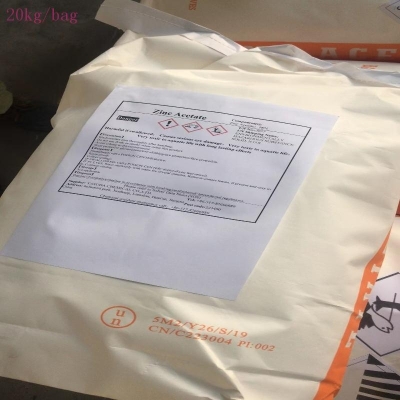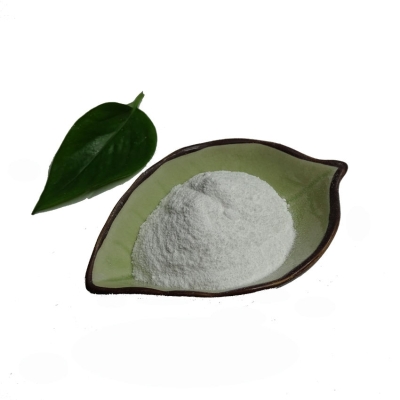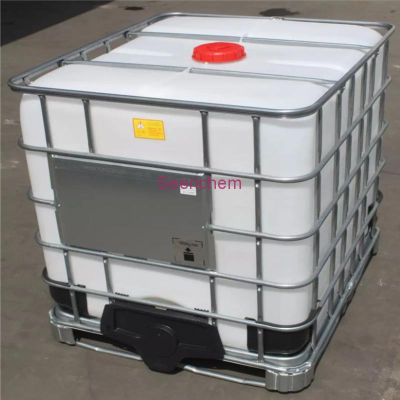-
Categories
-
Pharmaceutical Intermediates
-
Active Pharmaceutical Ingredients
-
Food Additives
- Industrial Coatings
- Agrochemicals
- Dyes and Pigments
- Surfactant
- Flavors and Fragrances
- Chemical Reagents
- Catalyst and Auxiliary
- Natural Products
- Inorganic Chemistry
-
Organic Chemistry
-
Biochemical Engineering
- Analytical Chemistry
-
Cosmetic Ingredient
- Water Treatment Chemical
-
Pharmaceutical Intermediates
Promotion
ECHEMI Mall
Wholesale
Weekly Price
Exhibition
News
-
Trade Service
On May 14, 2017, the world-renowned “Belt and Road” International Cooperation Summit Forum opened in Beijing.
This is a global development drama dominated by China, and it also provides a broader development space for Chinese agricultural production enterprises.
In the agricultural materials industry, potash fertilizer companies have the fastest pace to "go global", and their "Belt and Road" framework is under construction.
Not long ago, Zeng Jian, executive deputy secretary of the Party Committee of the China Petrochemical Federation, said that the strategic concept of China's chemical industry to implement the “Belt and Road” international capacity cooperation is to build chemical parks as a starting point to build multiple international industrial chains.
Pang Guanglian, deputy secretary general of the China Petrochemical Federation and secretary general of the Sinopec International Capacity Cooperation Enterprise Alliance, said that the petrochemical industry’s "One Belt One Road" international capacity cooperation has several strategic priorities: one is the Middle East petrochemical industry base; the other is to build a petrochemical production capacity in Southeast Asia.
The cooperation base makes full use of my country's scarce resources such as oil and gas, potash mines and natural rubber in the Middle East and Southeast Asia to radiate Southeast Asia, South Asia, Northeast Asia and the mainland markets of my country; the third is to further expand the market share of my country's basic chemicals in the countries along the "Belt and Road" Share; fourth is the Sino-European Chemical Industry Park.
It is understood that the potash fertilizer industry is an industry that has practiced "going out" earlier.
As of the end of 2016, China's overseas potassium resource development had 30 projects in North America, Southeast Asia and Africa, with a planned total production capacity of nearly 20 million tons and an investment of nearly US$3 billion.
According to data from the China Potash Potash Industry Branch, from 2000 to 2015, the annual growth rate of China's potash fertilizer production capacity was 17.
3%.
At present, China's resource-based potash fertilizer production capacity is 11.
25 million tons (in kind, the same below).
Even so, China's potash fertilizer production still cannot meet domestic demand.
Since the 1990s, domestic companies have contacted many countries to explore the possibility of cooperation.
Chen Guofu, secretary-general of the China Potash Industry Branch, told reporters that Laos, a country on the “Belt and Road” strategic route, is the region where the biggest breakthrough has been made in potash overseas investment.
In 2008, China and Laos reached a consensus on "resources for assets and comprehensive promotion of bilateral economic and trade cooperation.
" At present, about 11 Chinese companies are planning to build potassium chloride projects in Laos, with a total production capacity of 5.
85 million tons/year.
Among them, Zhongnong Mining's plans for a medium-term annual output of 1 million tons and a long-term annual output of 2 million tons are undergoing detailed surveys and feasibility studies; Laos Kaiyuan Mining Co.
, Ltd.
expects to expand its production capacity to 2 million tons in the future.
In addition to Laos, Yancoal Canada, Zhongchuan International, China-Kazakhstan Fortis, Shandong Luyuan and Chunhe Group have carried out potash development in Canada, Kazakhstan, Congo (Brazzaville) and other countries respectively.
Among them, Yancoal Canada Resources Co.
, Ltd.
has obtained 19 potash resources prospecting rights in Saskatchewan, Canada.
The company's planned production capacity of potassium chloride is 2.
8 million tons/year.
In the Congo (Brazzaville), the Kuilu mining area where Chunhe Group has the prospecting rights, the total geological resources of carnallite are estimated at 80 billion tons.
In the Central Asia section, China-Kazakhstan Fortis has completed the development feasibility report in Kazakhstan, and it is expected that the first phase of 1.
2 million tons/year of potassium chloride will be put into operation in 2018.
This is a global development drama dominated by China, and it also provides a broader development space for Chinese agricultural production enterprises.
In the agricultural materials industry, potash fertilizer companies have the fastest pace to "go global", and their "Belt and Road" framework is under construction.
Not long ago, Zeng Jian, executive deputy secretary of the Party Committee of the China Petrochemical Federation, said that the strategic concept of China's chemical industry to implement the “Belt and Road” international capacity cooperation is to build chemical parks as a starting point to build multiple international industrial chains.
Pang Guanglian, deputy secretary general of the China Petrochemical Federation and secretary general of the Sinopec International Capacity Cooperation Enterprise Alliance, said that the petrochemical industry’s "One Belt One Road" international capacity cooperation has several strategic priorities: one is the Middle East petrochemical industry base; the other is to build a petrochemical production capacity in Southeast Asia.
The cooperation base makes full use of my country's scarce resources such as oil and gas, potash mines and natural rubber in the Middle East and Southeast Asia to radiate Southeast Asia, South Asia, Northeast Asia and the mainland markets of my country; the third is to further expand the market share of my country's basic chemicals in the countries along the "Belt and Road" Share; fourth is the Sino-European Chemical Industry Park.
It is understood that the potash fertilizer industry is an industry that has practiced "going out" earlier.
As of the end of 2016, China's overseas potassium resource development had 30 projects in North America, Southeast Asia and Africa, with a planned total production capacity of nearly 20 million tons and an investment of nearly US$3 billion.
According to data from the China Potash Potash Industry Branch, from 2000 to 2015, the annual growth rate of China's potash fertilizer production capacity was 17.
3%.
At present, China's resource-based potash fertilizer production capacity is 11.
25 million tons (in kind, the same below).
Even so, China's potash fertilizer production still cannot meet domestic demand.
Since the 1990s, domestic companies have contacted many countries to explore the possibility of cooperation.
Chen Guofu, secretary-general of the China Potash Industry Branch, told reporters that Laos, a country on the “Belt and Road” strategic route, is the region where the biggest breakthrough has been made in potash overseas investment.
In 2008, China and Laos reached a consensus on "resources for assets and comprehensive promotion of bilateral economic and trade cooperation.
" At present, about 11 Chinese companies are planning to build potassium chloride projects in Laos, with a total production capacity of 5.
85 million tons/year.
Among them, Zhongnong Mining's plans for a medium-term annual output of 1 million tons and a long-term annual output of 2 million tons are undergoing detailed surveys and feasibility studies; Laos Kaiyuan Mining Co.
, Ltd.
expects to expand its production capacity to 2 million tons in the future.
In addition to Laos, Yancoal Canada, Zhongchuan International, China-Kazakhstan Fortis, Shandong Luyuan and Chunhe Group have carried out potash development in Canada, Kazakhstan, Congo (Brazzaville) and other countries respectively.
Among them, Yancoal Canada Resources Co.
, Ltd.
has obtained 19 potash resources prospecting rights in Saskatchewan, Canada.
The company's planned production capacity of potassium chloride is 2.
8 million tons/year.
In the Congo (Brazzaville), the Kuilu mining area where Chunhe Group has the prospecting rights, the total geological resources of carnallite are estimated at 80 billion tons.
In the Central Asia section, China-Kazakhstan Fortis has completed the development feasibility report in Kazakhstan, and it is expected that the first phase of 1.
2 million tons/year of potassium chloride will be put into operation in 2018.







